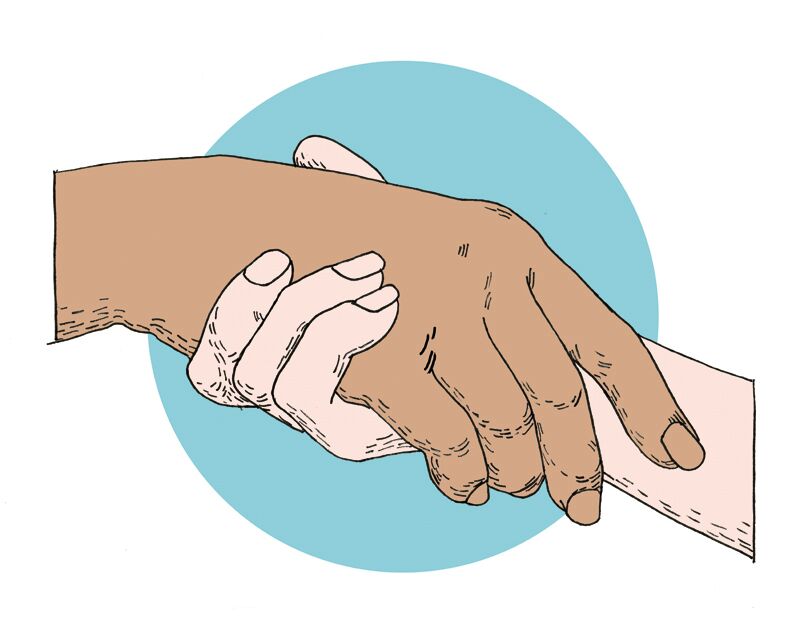Recognizing and celebrating our nation’s progress, but understanding there’s still more to do
It has been 10 years since the United Nations Declaration on the Rights of Indigenous Peoples was adopted on Sept. 13, 2007. As such, Montreal’s city council chose Sept. 13 to mark the addition of an Iroquois symbol to its city flag.
The city also committed to renaming Amherst Street—named after British general Jeffrey Amherst, who advocated for the use of biological warfare against Indigenous peoples in 1763. These were important and complex decisions, however, they are only part of a larger, ongoing conversation about Indigenous rights and reconciliation.
The debate surrounding the honouring of controversial historical figures in the public and governmental spheres has been an ongoing conversation in Canada for some time. However, it seems to have peaked in the wake of the Confederate monument discourse happening in the United States. While I certainly agree with the renaming of Amherst Street, the issue of consistency comes into question.
For instance, the Langevin block, which houses the prime minister’s office, was named after Hector-Louis Langevin, a father of Confederation and proponent of residential schools. Back in June, Prime Minister Justin Trudeau announced the building would be renamed because “keeping that name on the prime minister’s office is inconsistent with the values of our government.”
However, when confronted by the Elementary Teachers’ Federation of Ontario’s initiative to remove the name of John A. MacDonald—Canada’s first prime minister and a supporter of residential schools—from the province’s schools in August, Trudeau sang a different tune. According to CBC News, he said he believes this discourse is important, but “reconciliation is not just about the relationship between government and Indigenous people.” He said there are no plans for the federal government to remove MacDonald’s name from schools, and therein lies a sort of contradiction.
Some of the public’s reaction has been to label Trudeau’s Langevin block announcement and the Montreal city council decision as acts of virtue signalling. I don’t necessarily agree with that, yet when Mayor Denis Coderre proudly claimed: “If we want reconciliation, I don’t think we should celebrate someone who wanted to exterminate Indigenous peoples,” it was hard not to see his point. You can’t have it both ways.
It is important to recognize the work that led to Confederation. However, it is equally important to recognize that our nation was built at the expense of Indigenous people’s territory, culture and lives. Assembly of First Nations national chief Perry Bellegarde told the CBC that the actions of Trudeau and Ontario’s teachers signal an awakening in the minds of Canadians. “What’s hopeful for me is that Canadians are starting to get it,” Bellegarde told the CBC.
To be clear, I am not a member of the Indigenous community, nor do I mean to speak on their behalf. I believe in inclusion, empathy and reconciliation. I think Bellegarde’s words are quite poignant. This is indeed part of a slow awakening. Canada has come a long way. Two years ago, our leadership was hard pressed to even acknowledge a divide between Canada and Indigenous peoples. Now, as a nation, we are at least recognizing that our historical legacy is not perfect, and we are having a discourse to reconcile that past with the present.
I think the way forward is to recognize and celebrate the progress we have made, but not to believe—even for a second—that the past is in the past. The actions of our past have tangible, contemporary consequences. Progress is the sum total of acts of empathy, large and small. We cannot poison acts of goodwill just because they don’t address all violations at once. A single act cannot be comprehensive. But we can certainly be critical and hold our leaders accountable.
It is important to realize that total reconciliation of the past may never be fully realized, but we can work towards a more empathetic and active engagement with our nation’s past. The act of striving for a better relationship with your neighbour is certainly a noble pursuit.
Graphic by Alexa Hawksworth




